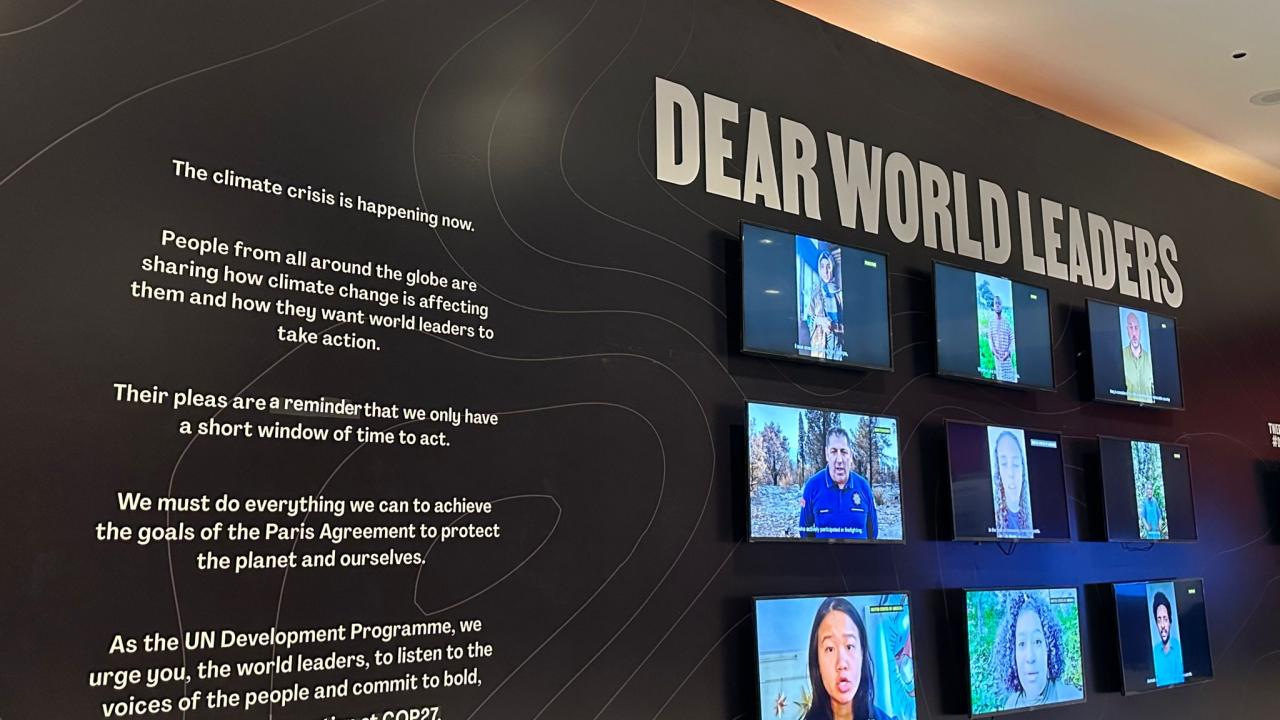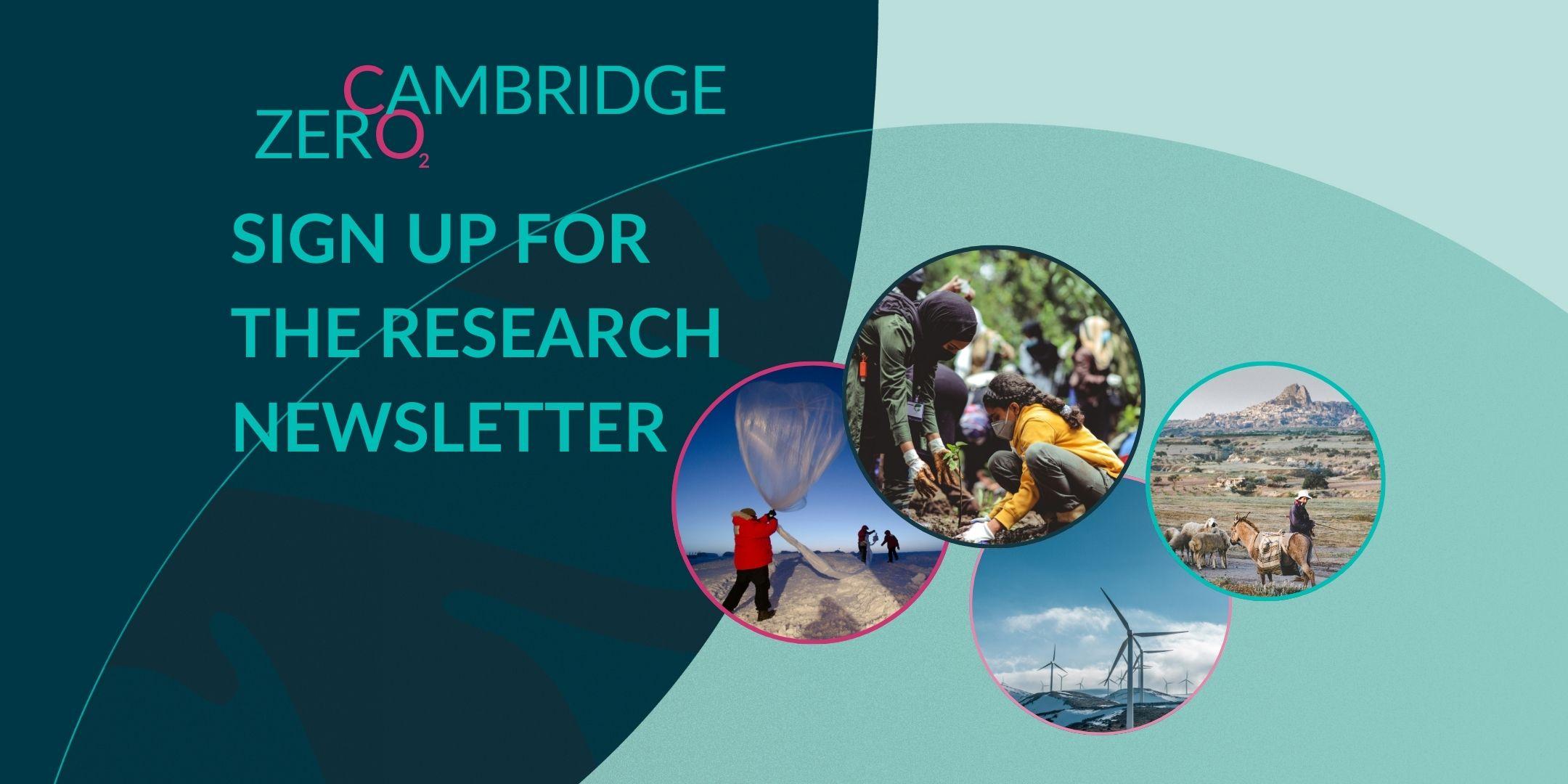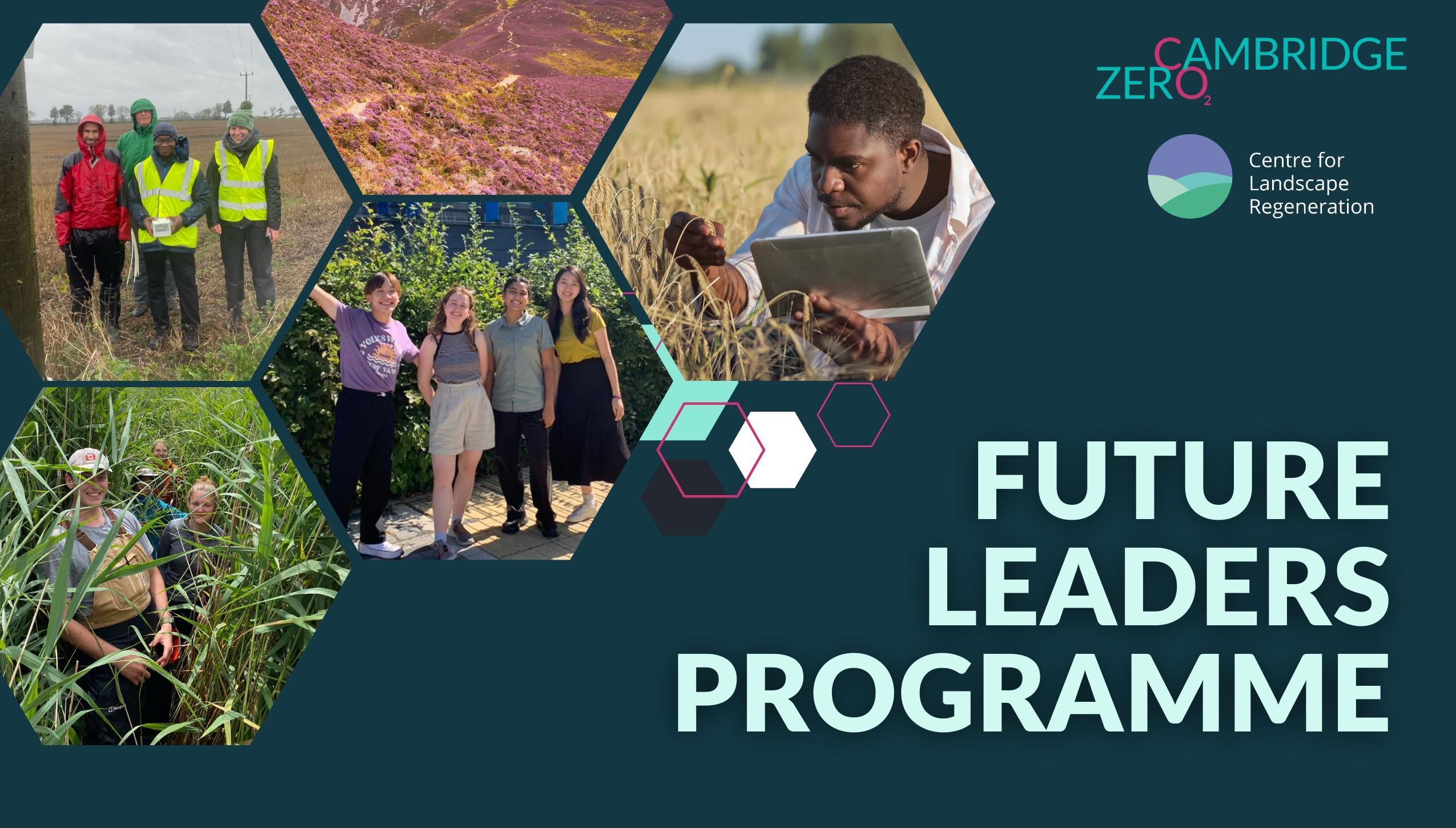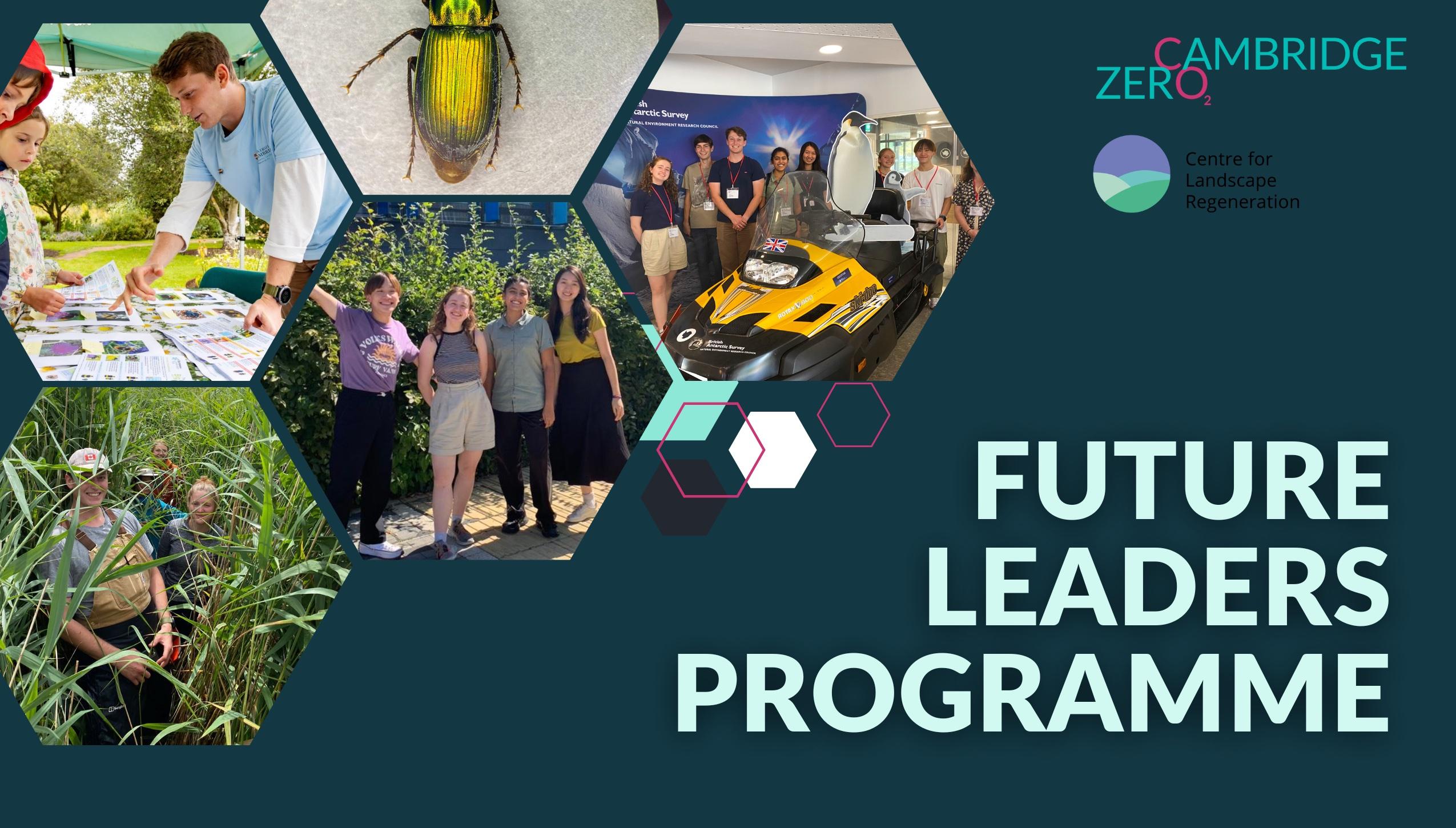Last Monday, UN Secretary-General António Guterres opened his introductory remarks at COP27 with these words:
“In just days, our planet’s population will cross a new threshold. The 8 billionth member of our human family will be born. This milestone puts into perspective what this climate conference is all about. How will we answer when ‘Baby 8 Billion’ is old enough to ask: What did you do for our world – and for our planet – when you had the chance?”
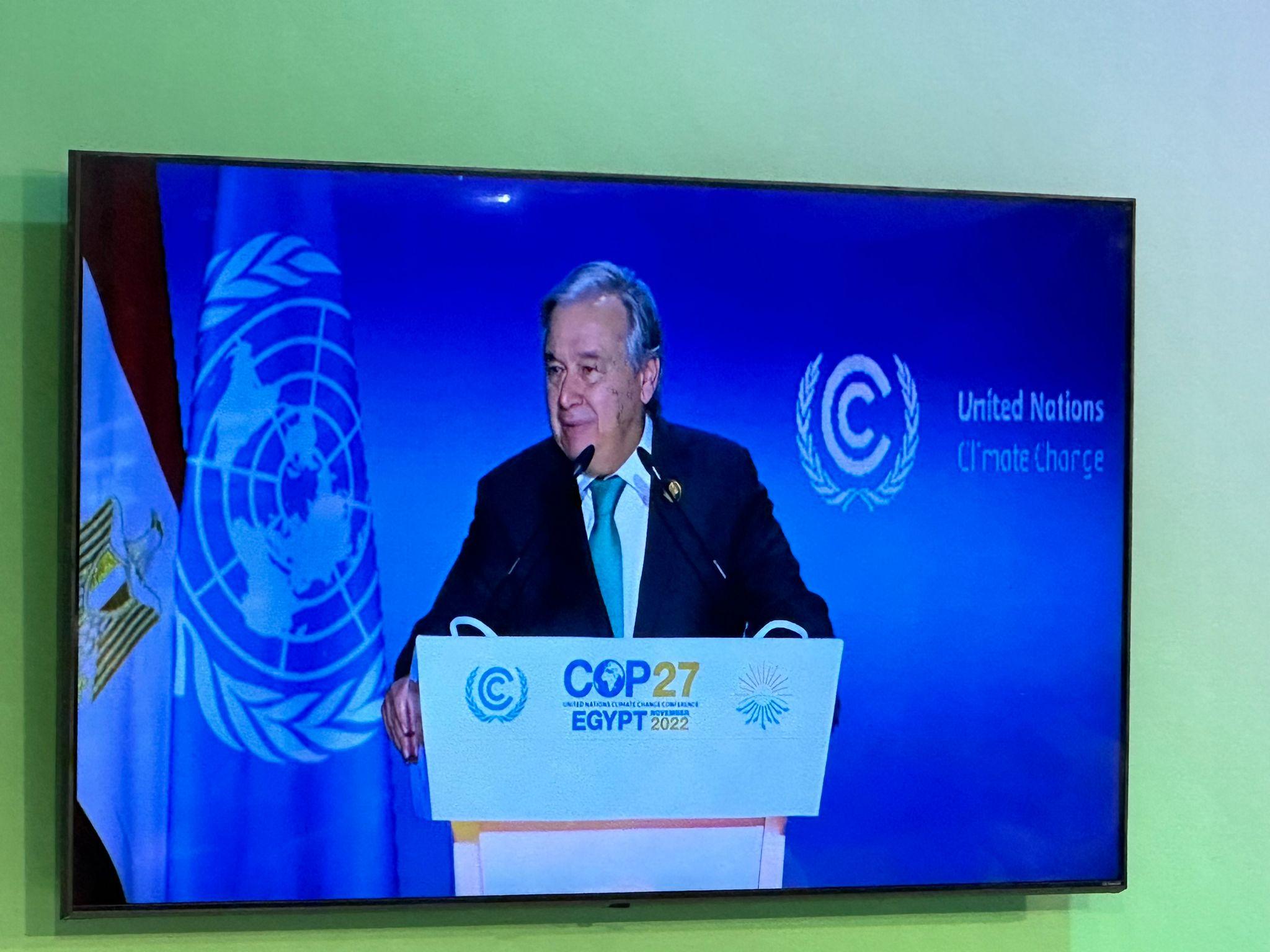
Today, humanity crossed this historic milestone - the 8 billionth human now lives on this planet (and it took only roughly a decade from the 7 billion benchmark).
As reflected in the UN Secretary-General’s speech last week, with our growing population comes an ever-growing responsibility. How do we preserve our planet for the sake of itself and for the sake of our collective future well-being? In a way, the 8 billionth baby could not have been born at a better time - at a time when the world’s countries are gathered in one place 'together for implementation'. But will they, in Guterres’ words, take the chance to set us up on a trajectory to more ambitious, more equitable and just climate action in the spirit of true solidarity? As far as I can tell from on the ground here in Sharm, feelings are more than mixed about this.
When it comes to one of the most important topics of this COP, that of loss and damage finance, a hot topic today was again the 'Global Shield' initiative by the G7 and V20 that I mentioned yesterday. As an analysis by Carbon Brief and the Loss and Damage Collaboration shows, 75% of funds that have been pledged related to loss and damage are tied to the Global Shield instead of the UNFCCC-institutionalized Santiago Network and other initiatives.
While the initiative is gaining traction, it is earning much criticism from observers who think that the Global Shield is but a diversionary tactic to avoid the establishment of an actual L&D fund under the UNFCCC (though the German minister for Economic Cooperation and Development, Svenja Schulze, reportedly insisted today that it is not. So, what can we make of this? Julie-Ann Richards provides an answer via the Loss and Damage Collaboration blog:
“The litmus test is whether they agree to establish a loss and damage finance facility at COP27, with two years to agree and put in place the necessary architecture to have funds flowing to vulnerable countries in their time of need. If they continue to block this outcome whilst seeking kudos for throwing relative pennies into the Global Shield, then it will be clear that the Global Shield is simply a delaying tactic.”
In the meantime, the G77+China came forward with an UNFCCC-based L&D fund to be developed by COP28.
The next days will show what countries make of this proposal.
In order to end this post on a positive note, on the day the 8 billionth human was born, I attended a side-event organised by the UNFCCC in cooperation with the United Nations Development Programme (UNDP) and International Labour Organization (ILO), on 'Advancing Nationally Determined Contributions: Signs of Progress'. At the beginning of the event, it was remarked that working on climate change can be feel very dire as there tends to be "a lot of bad news” which can lead to senses of overwhelmedness and hopelessness. That is why it is important to also focus - at least from time to time - on the optimistic side of things, on what is going well, where progress is made. That was what the event was about. It focused on positive examples of engagement and cross-country support, inter alia, through the UNDP’s 'Climate Promise' Programme which supports 127 countries around the world in their Nationally Determined Contributions (NDCs). It was also mentioned that the overhaul of NDCs from the first generation to the second generation saw a big increase in quality and ambition, both for mitigation and adaption, which would mean that “the Paris Agreement is working.”
The event then kicked off on an artistic note with a poem called 'Representation' read by artist Ahmed Badr who participated virtually, followed by a panel made up of representatives from the Antigua & Barbuda, Senegal, Vietnam, the UK, the Green Climate Fund (GCF) and YOUNGO (the Youth Constituency).
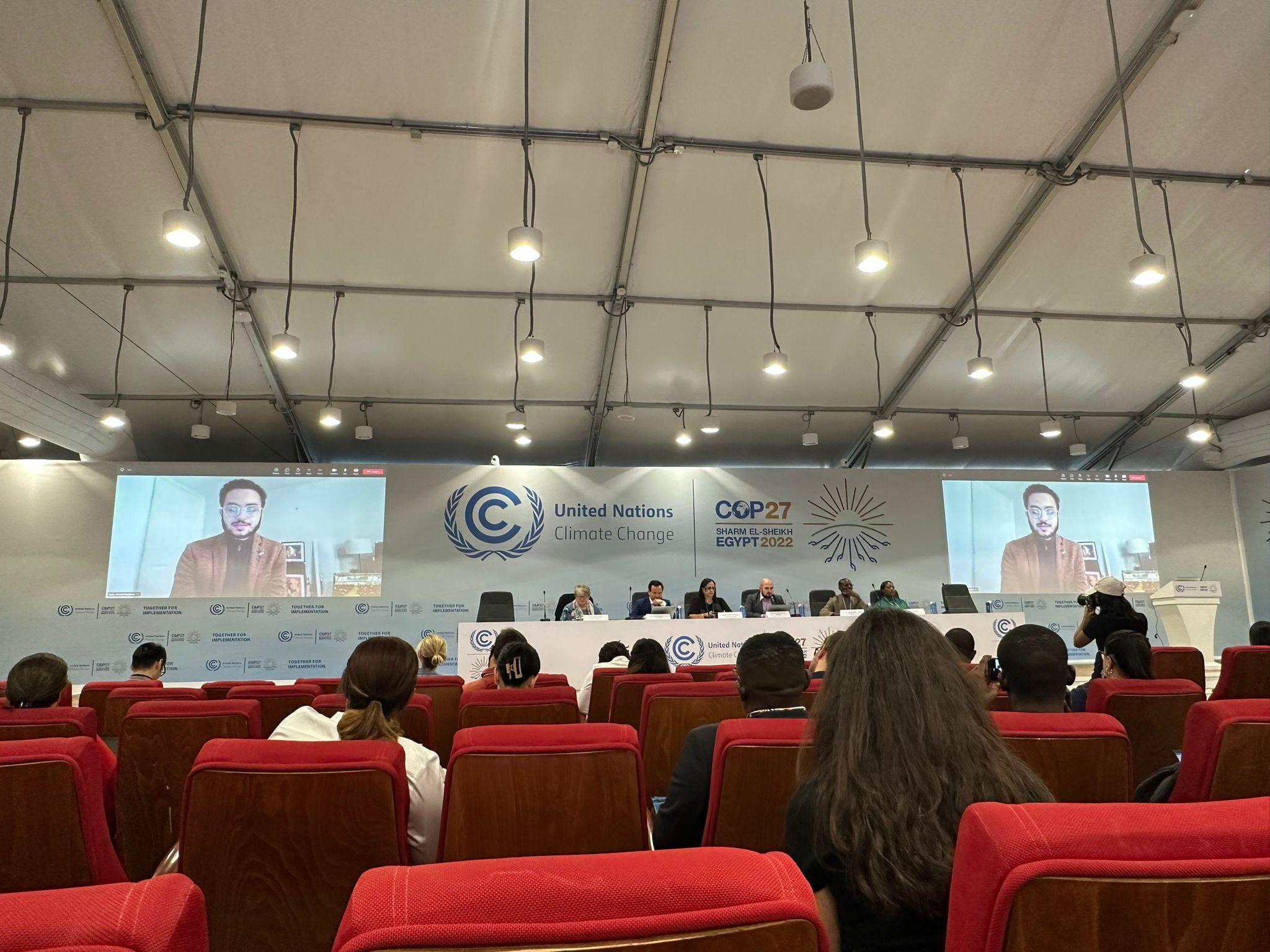
The panel then had three themes: 1) forest, land and nature; 2) adaptation; and 3) just transition. During the first theme, Secretary of State for Environment, Food and Rural Affairs of the UK, Thérèse Coffey, quoted UK Prime Minister Rishi Sunak who had said earlier at COP27 that there was “no solution without protecting and restoring nature.” In order to support countries in doing so, she announced that the UK would contribute an additional £6 million to the Climate Promise programme. (Later during the event, Jochen Flasbarth, State Secretary in the German Ministry for Economic Cooperation and Development announced that Germany will also support the programme with another 26 million €.) Moreover, Coffey emphasised that the UK “wants to continue its commitment” from the COP26 presidency to make sure promises made in Glasgow are kept, like the forest leadership initiative (which seems to be more than necessary since many pledges seem to fall short on their promises a year after Glasgow.
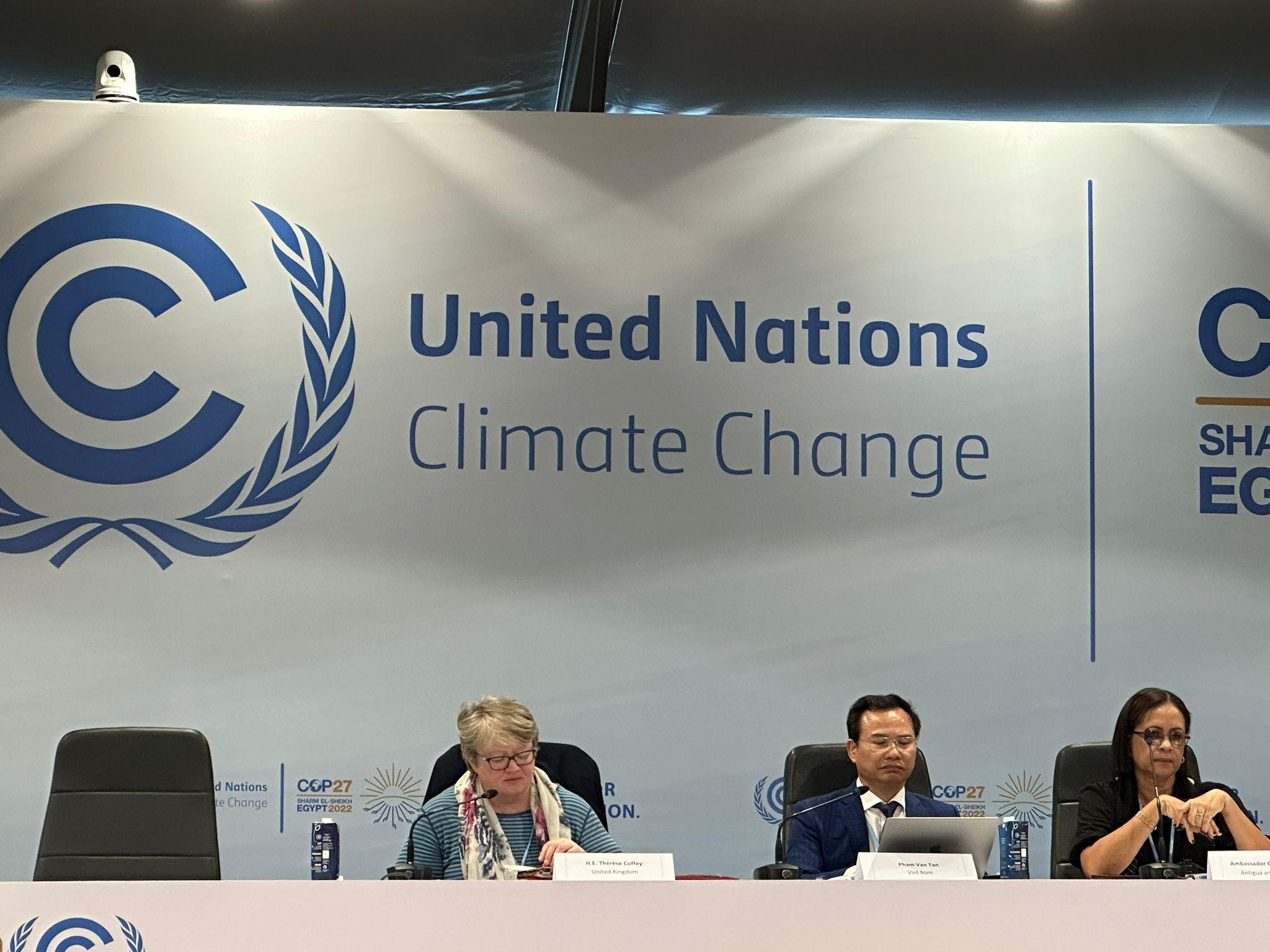
On adaptation, Juan Hoffmaister from the GCF made clear that addressing adaptation does not work through a “one-size-fits-all approach.” He said that while some countries have very well articulated NDCs, there still remain capacity challenges at the implementation stages.
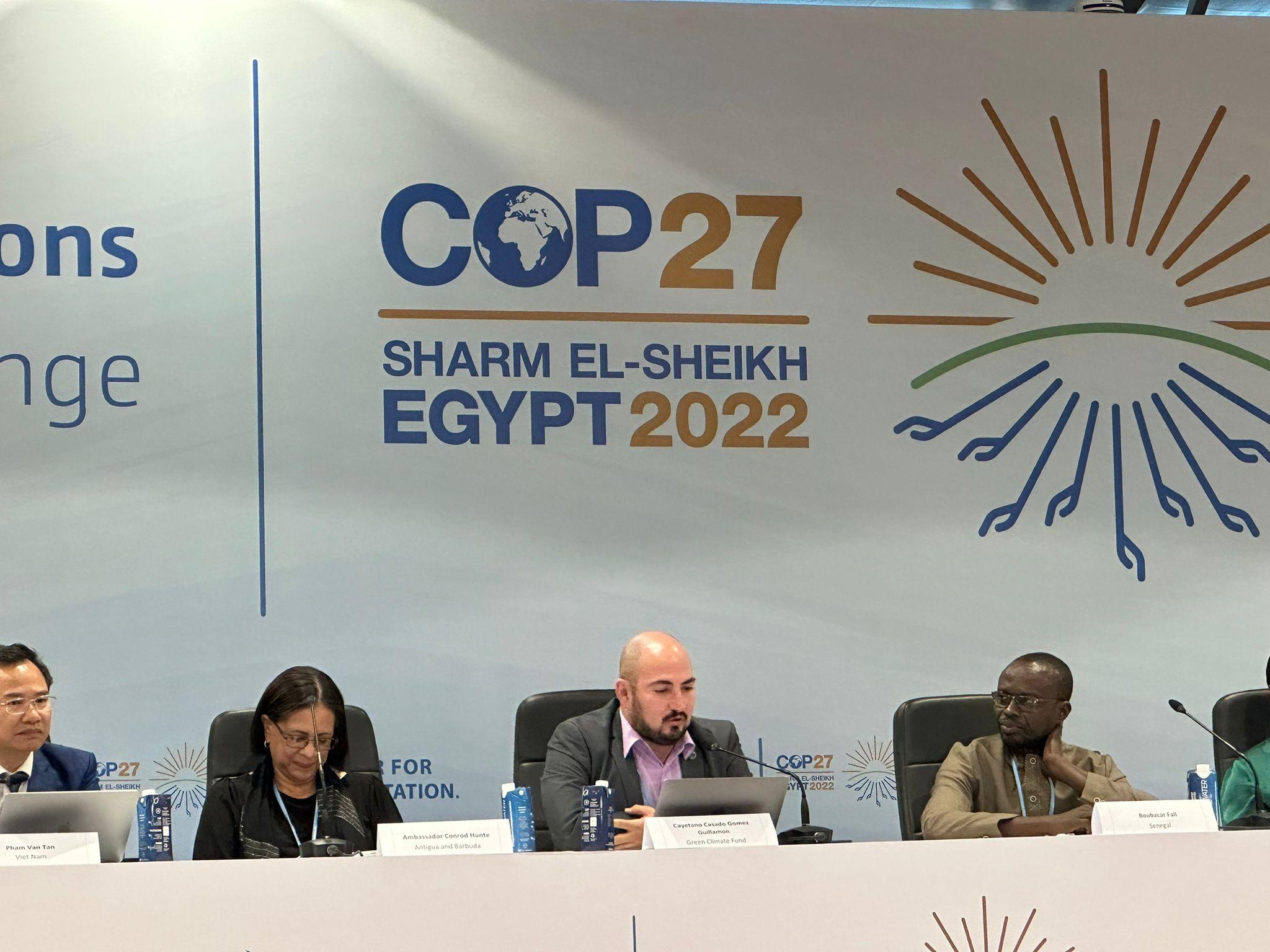
Finally, on just transition, one of the most powerful interventions came from the Global South Focal Point for YOUNGO, Elizabeth Gulugul, who emphasized the need to unlock green jobs for young people, as well as having more empowerment and capacity-building in communities, the latter not only in terms of finances but also in terms of technical capacities.
The side-event also featured the 'Dear World Leaders' videos, a UNDP campaign, which are also displayed prominently at the COP27 venue and can be watched here. (Link: https://dearworldleaders.org)
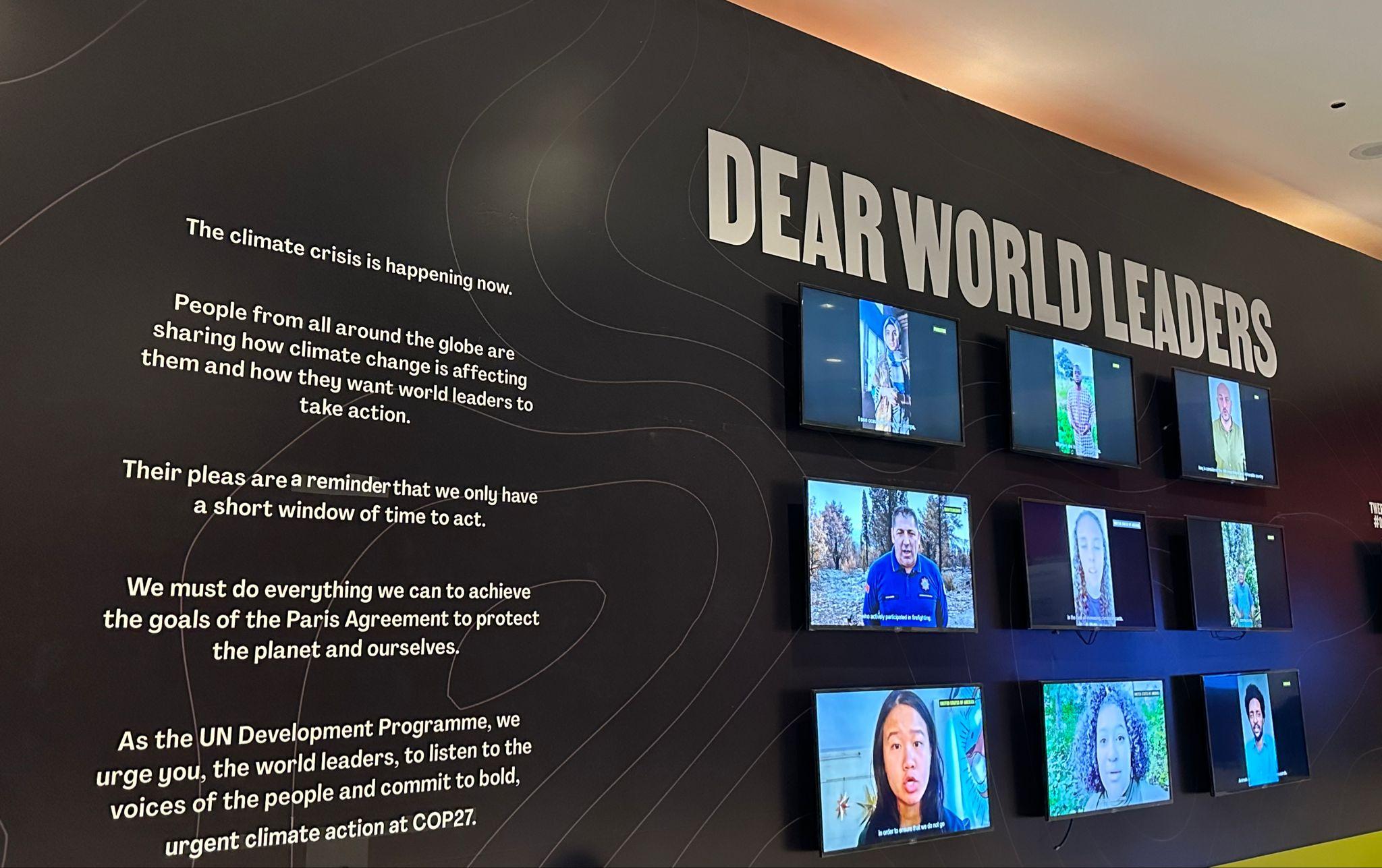
That’s all for today. I will be back tomorrow with more news from Sharm!
